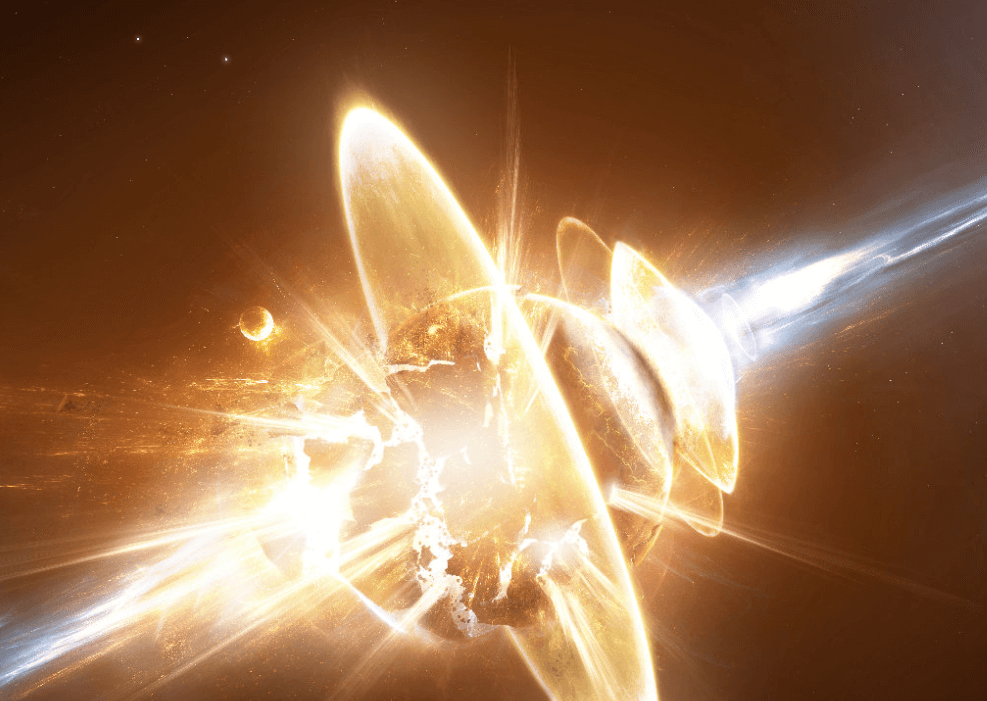In today’s day and age time is a commodity, always going forward, never going back. Or at least we assume it does. Physicists make no such assumption. The way most natural laws work are considered ‘time reversible,’ meaning they would work the same regardless if time began going backward.
So does time always move forward? If so, why? Will it always continue to do so?
Because of background cosmic radiation, we know that time started at the Big Bang but to understand what time is we need to look at the fundamental characteristics of time and space. As Khan famously learned in Star Trek II, you can move in all directions when it comes to space. But one of the longest standing unanswered questions in physics is: why can’t we do the same with time?
If we compare time to another irreversible natural process, entropy, we come up with a possible answer. Entropy is the process by which an ordered system or set of molecules go from organized to disorganize, dispersing energy while it does so. It is the energy dispersal that makes this irreversible. It is possible that as time goes on, entropy increases, the universe on some level is becoming more disorganized, and thus we cannot go back.
So if we’re moving from an organized state to a disorganized state, does time break down too? Will time itself end? There are a few theories about this too. As the universe expands, it may eventually tear itself apart, putting an end to time and space with a Big Rip. But there also remains the possibility that dark energy is decaying too and instead of a trip we’ll get a Big Crunch. Or, finally, the Universe may continue to expand into eternity with no end in space or time.
Will we ever know the definite answers to these intriguing questions? Maybe, in time.
Related Links;
- A New Quantum Theory Predicts That the Future Could Be Influencing the Past
- Does time-symmetry in quantum theory implies retrocausality?
- The Life and Death of Schrodinger’s Cat, and What It Really Means.
- Is a time symmetric interpretation of quantum theory possible without retrocausality?
- Physicists provide support for retrocausal quantum theory, in which the future influences the past
More News to Read











